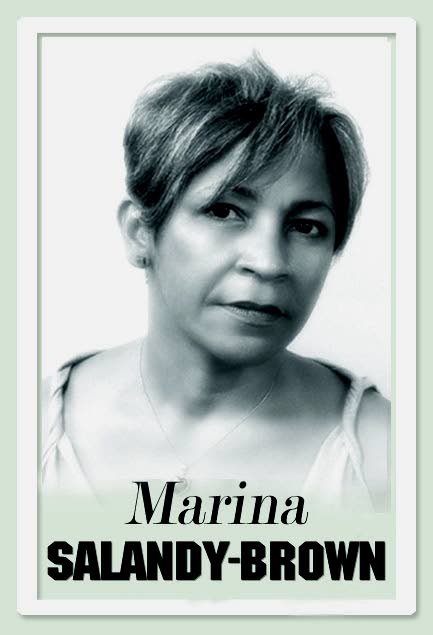Local govt disappointment

Many people I know have decided not to vote because they think tomorrow’s local government elections are a sham. They believe the politicians have well and truly trussed us up like chickens prepared for the oven.
It pains me, as I profoundly believe that every citizen has a duty to exercise the right to vote. But to stick with the culinary motif, it would appear that we have been skewered by the politicians who pay lip service to the idea but really are uninterested in local government reform ever happening or in corporations being empowered to better look after our affairs.
I distinctly remember the present Opposition promising local government reform before the elections that put them in power in 2010, and then changing their tune once in office. They probably discovered that the current system is very useful in granting patronage.
People feel there is team UNC and PNM versus team people and country. And it is easy to understand that sentiment given the recent disappointing chain of events. For whatever reason, the Government took forever to present the Miscellaneous Provisions (Local Government Reform) Bill 2019. It was only mid-year that we were able to read the proposed substantial changes to the workings of local government, which were bound to be contentious and would need time for discussion.
The bill was especially late, considering that local elections were due. Nevertheless, at last we seemed to be moving in the right direction, even with some major caveats.
Either intentionally or accidentally, the Government played into the hands of the Opposition, which in July asked for the bill to be referred for consideration by a joint select committee (JSC). The effect was to slow down the passage of the bill, ensuring that it would not be approved in time for this week’s elections.
The Opposition presented a list of arguments, some sensible but many purely self-interested. Yes, the bill is complex and should not be rushed, but what is most disappointing is that the opposition statement made it quite clear that it sees everything as a political fight between the parties, and nothing much to do with the rest of us.
One of the Opposition’s reasons for stalling the bill, in effect, was this: “The bill provides for the insertion of the Minister of Finance to take control of setting the remuneration of mayors, aldermen and councillors. We do not believe that a politician should be given discretionary power to set the salaries of his political opponents.”.
It may not be the best way to do it, but surely it has to be about the rightness of it, rather than who gets to skewer who for political gain.
This is the most obvious example of putting party before country. Another reason was that the bill “failed to address the thorny issue of equality of representation and equality of the vote – the Government intends to continue a system which allows some councillors to represent as few as 2,500 voters while requiring other councillors to represent more than 12,000 voters.”
To me, this smacks of power/ethnicity concerns and has nothing to do with any other “fairness” consideration.
Local government is not enshrined in our Constitution and so has been a political football, with successive governments using it for advantage at national elections. As it functions now, local government is not worth getting excited about, because with little money of its own, power actually resides with central government, and local corporations have limited opportunities for achieving very much. Mayors and aldermen are not salaried, either.
I believe that real local government can only exist if at local level there is the power to properly serve constituents, which means local authorities must have the structural and financial wherewithal to do so, in the best interest of all those who live in their areas, and transparent processes must also exist to make them fully accountable.
The bill before the JSC moves somewhat in this direction, but with central government retaining a lot of control. It would appear that corporations would only be able to raise revenue from local fees and charges and the still non-existent and politicised property tax in order to meet expenditure, with central government making up the shortfall where necessary.
Heaven forbid, but that means authorities going with begging bowls to central government.
We need a leveller playing field and to help accommodate the variations in authorities’ revenue sources and spending priorities. Central government allocating, in the annual budget, a fixed amount per citizen to which authorities would add locally raised money is a better idea.
General elections are due next year and national issues have sadly dwarfed local issues on the PNM-UNC local government electoral campaign trail.
Louis Lee Sing’s capital-focused Port of Spain People’s Movement, founded to serve only its regional constituents, is an interesting development. Let’s see if that helps focus minds on what is local government and advances us along the torturous road to meaningful democracy.

Comments
"Local govt disappointment"